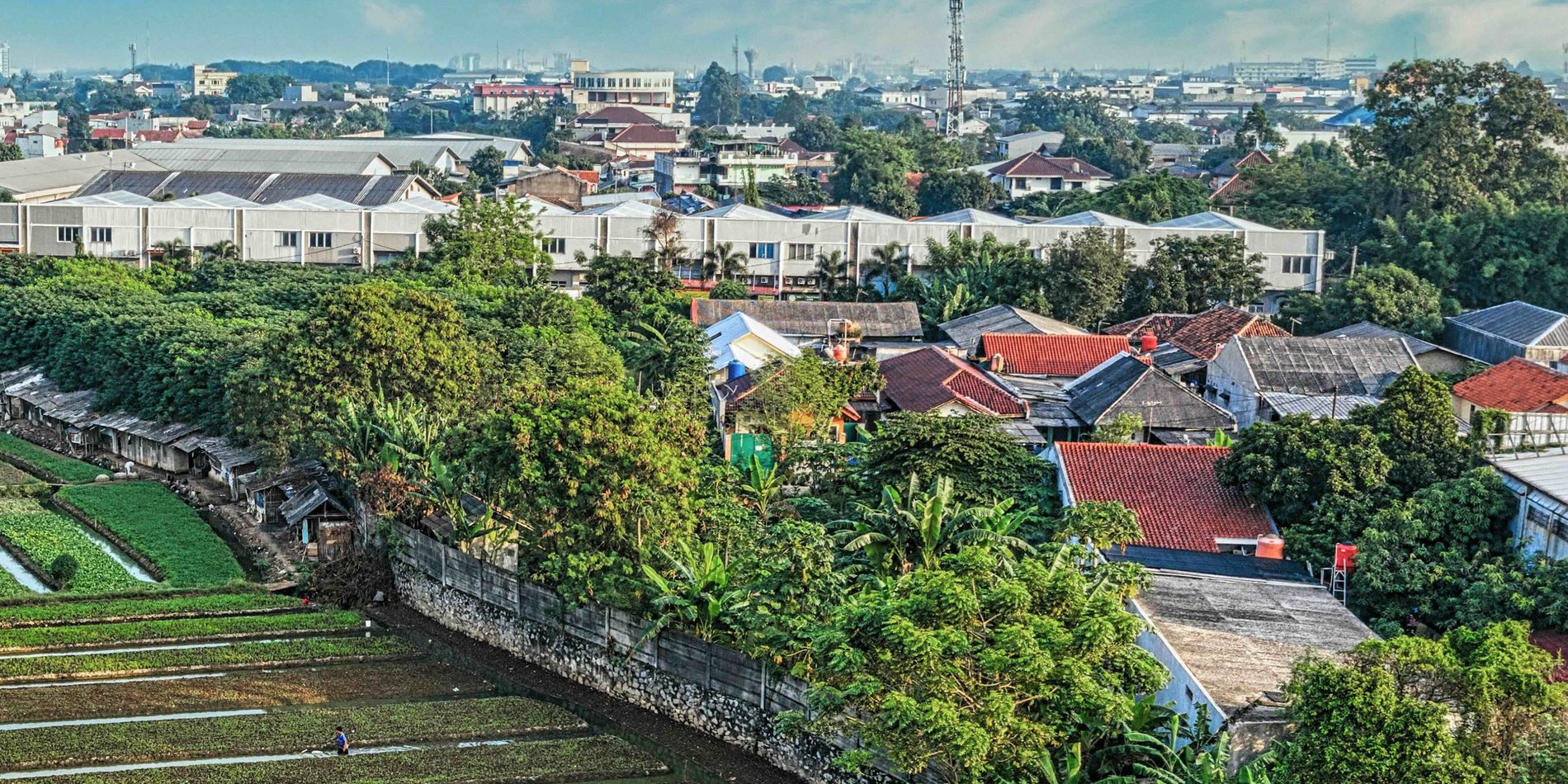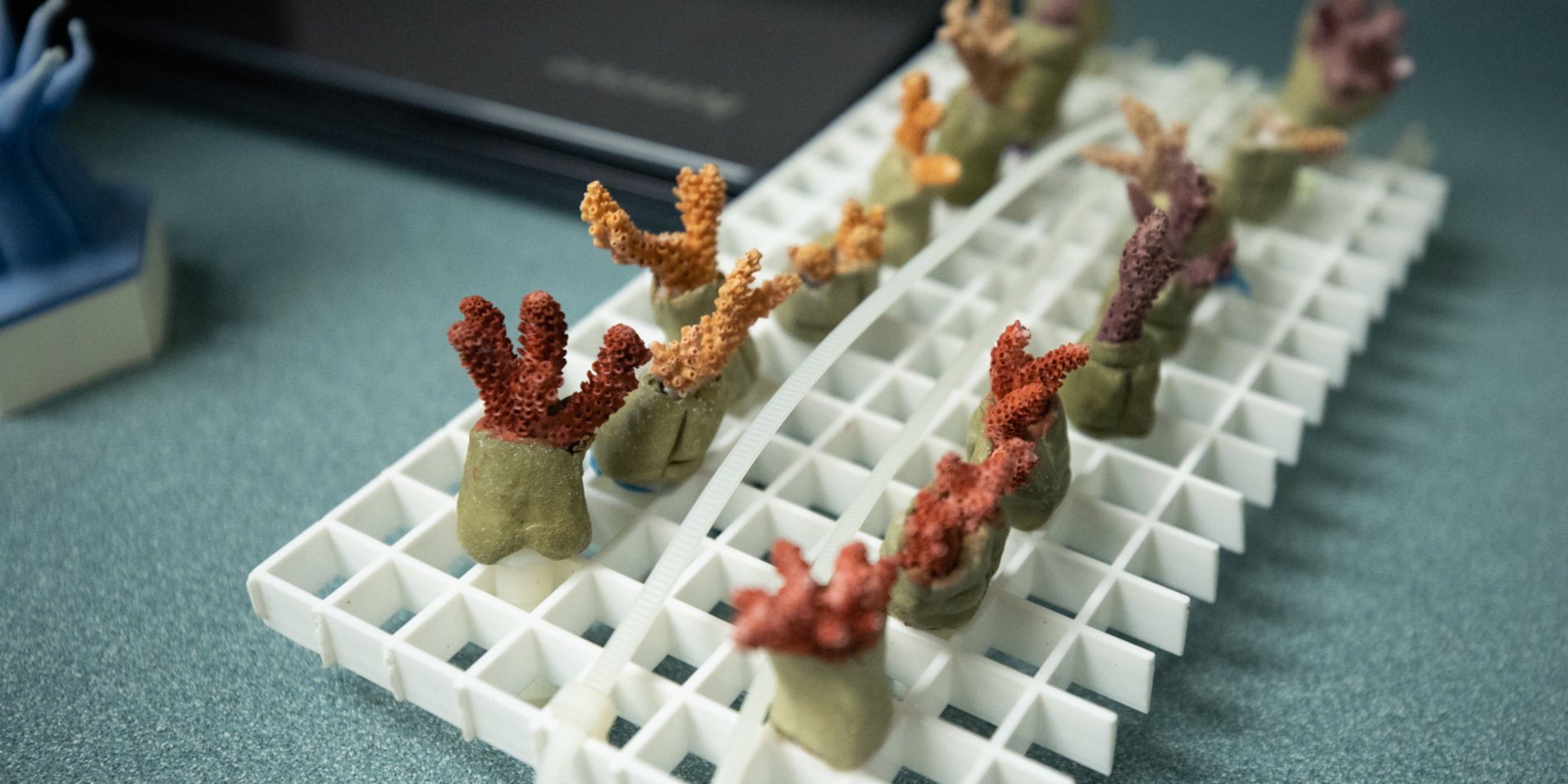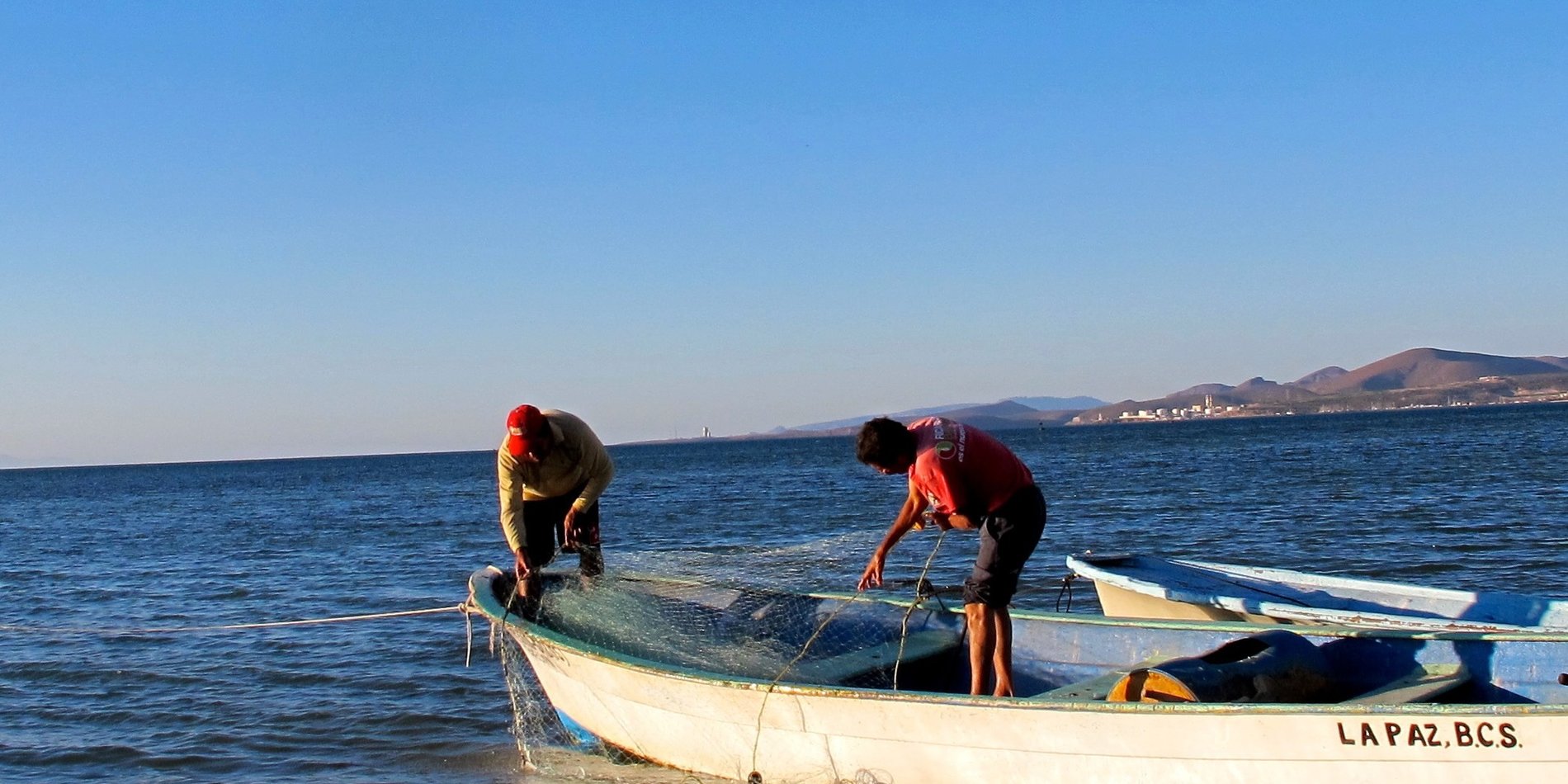Managing Ocean Change & Food Security in Palau
The azure waters off the island nation of Palau in the Western Pacific are considered one of the underwater wonders of the world. Palau's waters include remarkable biodiversity, with over 1,300 species of fish, 400 species of hard coral and 300 species of soft coral.
However, overfishing of select reefs, habitat degradation, limitations in fisheries governance, market pressures, the need to develop domestic fishing capacity, climate change and food insecurity are all challenges currently being faced by Palau's waters and people.
Stanford’s Center for Ocean Solutions and the Palau International Coral Reef Center (PICRC) are partnering with the Palau National Government to facilitate the successful implementation of its Palau National Marine Sanctuary, one of the world's largest protected ocean areas – bigger than the state of California.
The sanctuary will fully protect about 80 percent of Palau's marine territory, meaning that no fishing, mining or other extractive activities can take place.
In February, a multi-disciplinary team came together to identify critical knowledge gaps in tackling the primary challenges Palau faces as it implements this Palau National Marine Sanctuary. As a result, the government of Palau, PICRC and the Stanford Center for Ocean Solutions signed a Memorandum of Understanding. This work aims to equip Palau’s leaders and policymakers with a portfolio of coastal and deep-sea policy and management options that are designed for the ecological, social and economic wellbeing of Palauans in the near and long-term. "This collaboration guarantees that Palau has the best available information to move forward, setting an example of how we can sustain precious resources and contribute to human development, while ensuring our marine resources provide economic benefits to the people of Palau," said Dr. Yimnang Golbuu of PICRC.
Palauan President Tommy Remengesau attended the signing ceremony and said that the PNMSW implementation is "the most exciting time for Palau and the rest of the world."
Stanford COS co-director Jim Leape added that "Palau is showing the rest of the world that it is preserving its marine resources. The world is watching the example that Palau has set."
PEGASuS: Ocean Sustainability is a partnership between Future Earth and the National Ecological Analysis and Synthesis Center (NCEAS) at UC Santa Barbara. PEGASuS is funded in part by the Gordon and Betty Moore Foundation’s Science Program and the NOMIS Foundation. PEGASuS is jointly administered by Future Earth and Colorado State University's Global Biodiversity Center.



